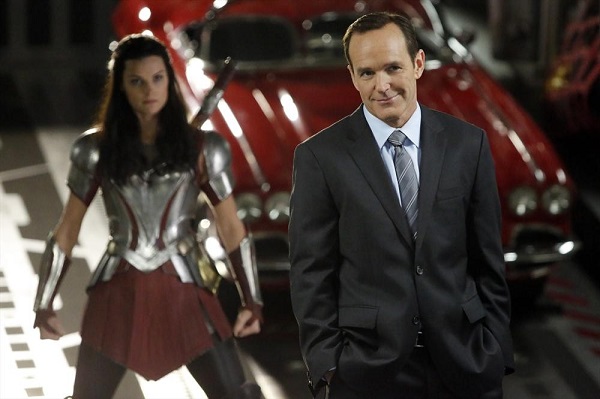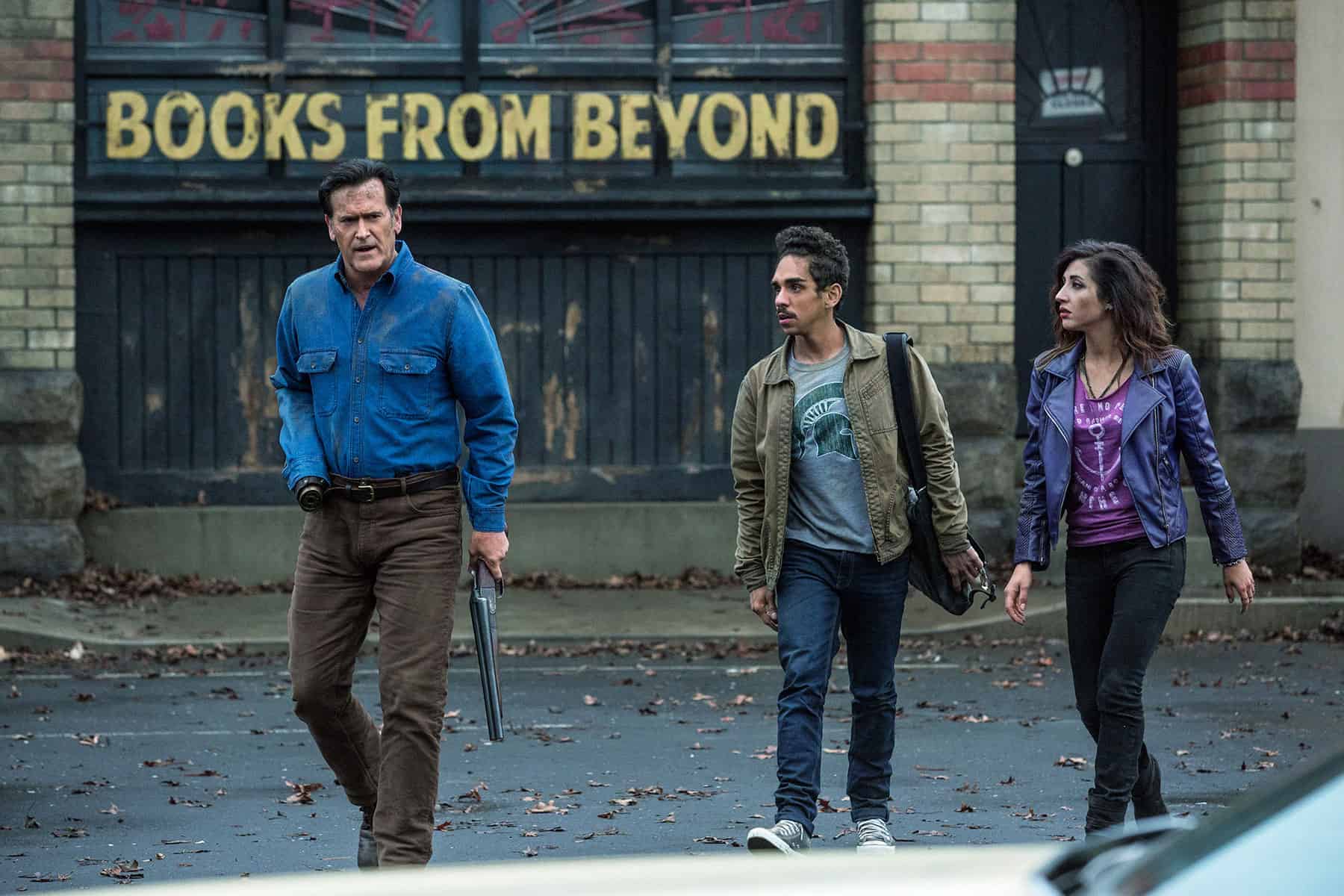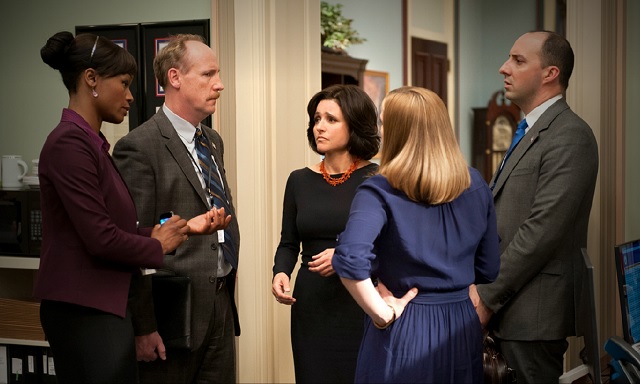 Gone Girl
Gone Girl
Written by Gillian Flynn
Directed by David Fincher
USA, 2014
There’s something rotten in the state of Missouri, as one man’s wife has gone missing and he takes on the role of primary suspect, looking guiltier with every grimace. David Fincher’s latest film is Gone Girl, based on the best-selling novel from Gillian Flynn. It’s a film that festers and feels dead inside, but imbued with a lively pessimism, a stinging bitterness. It’s one of Fincher’s best films in years.
Fincher is an expert chemist when it comes to concocting the nastiest tales of cynicism and darkness. Gone Girl may not be the culmination of his efforts to date, but it’s undoubtedly a sinister piece of work. There’s an oppressive air within the film, from its meticulously created soundscape and score (from Fincher alums Trent Reznor and Atticus Ross) to its plasticized aesthetic. The cynical attitude is evident from the first frame, as the camera looks at the top of Amy’s (Rosamund Pike) head and Nick (Ben Affleck) says he’d like to “crack [his] wife’s head” to reveal the secrets lying in her labyrinthine brain. From that kickoff, we understand this is not a happy marriage. Maybe Fincher feels no marriages are happy. Especially American ones, seemingly built on superficiality.
The difference between the marriage in Gone Girl and the rest of the world is that its characters are, after a time, more upfront about their issues to the audience. Maybe not to one another, but with Fincher and screenwriter Gillian Flynn, the secrets and lies and resentments are doled out in a carefully calculated manner. The ways Nick and Amy communicate are similar, rarely deviating much from one another’s methods. They bottle up their feelings or they become confrontational, each taking their turns as puncher and emotional punching bag. It’s not unlike Richard Linklater’s Before Midnight in that way, in its examination of marriage and the resentments the lurk underneath the veneer of domestic pleasure.

Fincher has been shooting digitally for a while now, and each time the use of that method has made sense within the context of the story. In Zodiac, it was used to juxtapose the archaic and analog methods of crime scene investigation; in The Social Network, it keyed into the modern trajectory of digital technology, slick and clean; The Girl with the Dragon Tattoo combined the former two aspects, but pit the journalist against digital methods and the hacker against analog methods, and, finally, Gone Girl gives a an artificial sheen to the proceedings. Fincher described it, to some extent, as being like “reality TV”, a format which capitalizes on artificiality. One of Neil Kellerhouse’s excellent poster designs features Nick facing forward, looking uncomfortable, but digitally manipulated. Glitched, actually. Like reality TV, there’s a glitch there. In his programming. In his role as a husband.
It feels like Fincher is often criticized for the superficiality of his films and their “emptiness”, but that’s arguably the point of his work. Gone Girl examines this artificiality, the many personas we create for ourselves, for the public, for our loved ones. It’s a performance, a thing that is constantly being scrutinized, especially in an era so connected to the immediacy of the internet. Nick comments on the shifting perception of his character, saying, “First they don’t like me, then they like me even less, then they hate me, now they love me.” A majority of the film takes place over the course of just over a week, and that ever fluctuating perception of what kind of man Nick is is completely perpetuated by the hold the media has on influencing audiences. On another level, Gone Girl is a sick satire of media culture, a poisonous letter to the producers of these tasty, exploitative dishes as well as sycophantic consumers. It’s often funny, but it bites and sinks its teeth into the audience’s necks.

Ben Affleck, who was cast because he kind of always looks smarmy, puts that seemingly innate quality to good use. It’s hard to trust Nick and Fincher accomplishes making it harder as every second ticks by. The hesitance we see is not the same kind of someone grieving, even blindsided by the disappearance of his wife, but of someone hiding something. Rosamund Pike is equally adept at playing Amy, a woman with her own issues, with her perfectly constructed facade seen in flashback as journal entries brought to life. It’s not totally unlike her performance in Die Another Day: there’s an iciness to it that exists with the utmost precision. Carrie Coon, Neil Patrick Harris, and Kim Dickens are also highlights of an impressive cast.
One might want to take a shower after seeing Gone Girl. That morals and dignity decay quickly, but Fincher keeps you transfixed the entire time with skewering satirical exploration of marriage, media, and persona. A line from the 1984 screwball comedy murder mystery Clue comes to mind: “It’s a matter of life after death; now that he’s dead, I have a life.” But everyone is dead here, clinging onto the last vestiges of their life.
– Kyle Turner





